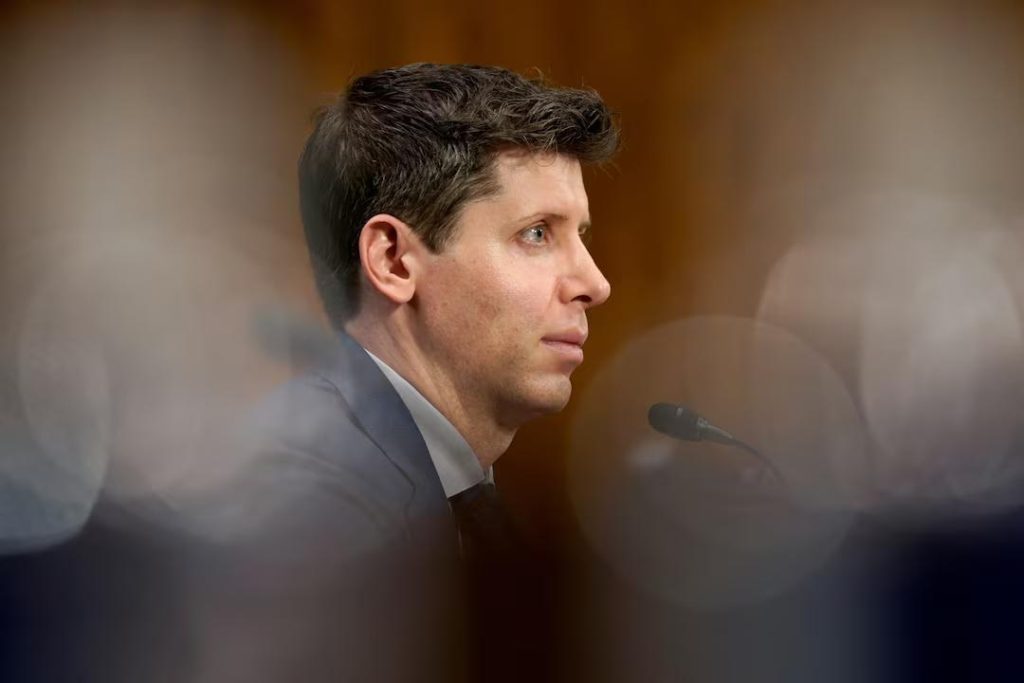
OpenAI Poaches AI Talent from Meta & Others after Meta’s Poaching: Report
In a shocking turn of events, OpenAI, the company behind the popular AI chatbot ChatGPT, has reportedly poached four high-profile engineers from Meta, xAI, and Tesla to join its scaling team. This move comes as Meta continues to poach AI talent from across the tech industry.
According to a report by WIRED, OpenAI has hired David Lau, a former VP of software engineering at Tesla, Uday Ruddarraju, the ex-head of infrastructure engineering at xAI, Mike Dalton, a veteran xAI engineer, and Angela Fan, a researcher at Meta AI. These hires are significant, as they bring a wealth of experience and expertise in AI development to OpenAI.
This move by OpenAI is seen as a response to Meta’s aggressive poaching of AI talent from other companies. Meta has been actively seeking to hire top AI engineers and researchers from companies like Google, Facebook, and Microsoft. This has led to a talent war in the AI industry, with companies competing to attract the best minds in the field.
OpenAI’s decision to poach talent from Meta and other companies is seen as a clever move to counter Meta’s efforts. By hiring top engineers from Meta, OpenAI is able to tap into their expertise and knowledge of Meta’s AI systems, giving them a significant advantage in the development of their own AI products.
The four engineers hired by OpenAI come from a range of backgrounds, but they all share a common expertise in AI development. David Lau, the former Tesla VP of software engineering, has a strong background in computer vision and machine learning. Uday Ruddarraju, the ex-head of infrastructure engineering at xAI, has experience in building large-scale AI systems. Mike Dalton, the veteran xAI engineer, has a strong track record in AI research and development. Angela Fan, the Meta AI researcher, has expertise in natural language processing and machine learning.
The hiring of these engineers by OpenAI is seen as a significant coup for the company. It demonstrates their ability to attract top talent and highlights their commitment to developing cutting-edge AI products. The addition of these engineers to OpenAI’s scaling team is expected to accelerate the development of their AI products, including ChatGPT.
The hiring of these engineers by OpenAI is also seen as a blow to Meta’s efforts to poach AI talent. Meta has been actively seeking to hire top AI engineers and researchers, but OpenAI’s decision to poach talent from them is a significant setback. This move may force Meta to rethink its strategy for attracting and retaining AI talent.
In conclusion, OpenAI’s decision to poach AI talent from Meta and other companies is a significant development in the AI industry. The hiring of these four high-profile engineers is expected to accelerate the development of OpenAI’s AI products, including ChatGPT. This move also highlights the competitive nature of the AI industry, with companies competing to attract the best minds in the field. As the AI industry continues to evolve, it will be interesting to see how companies like OpenAI and Meta respond to the changing landscape.






